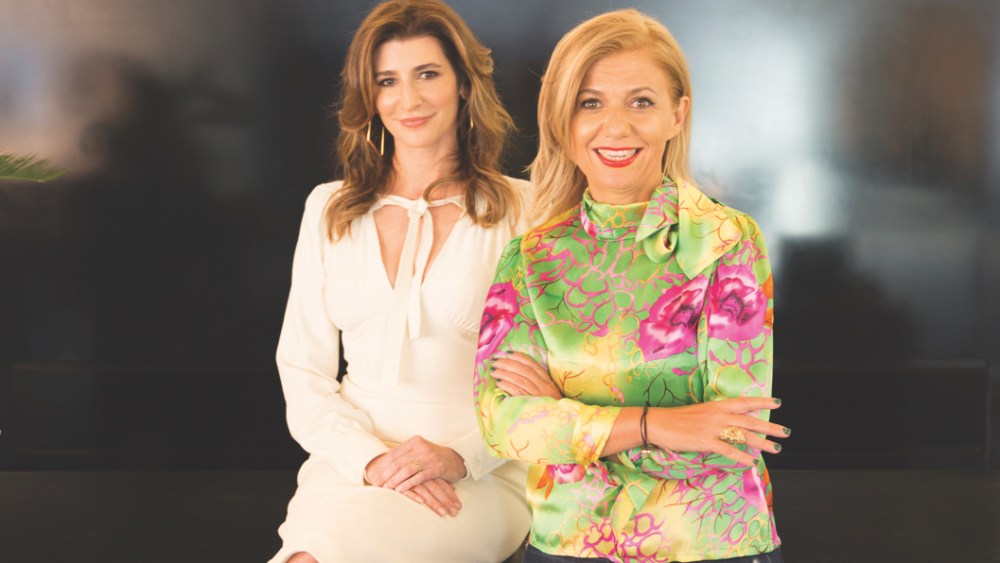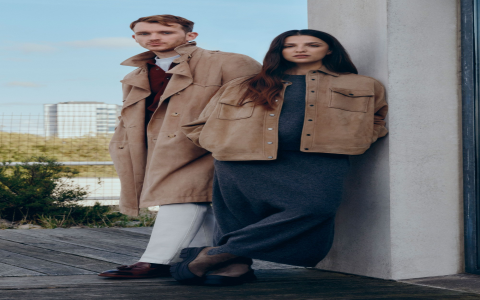Okay guys, let’s talk about why those fancy Unilever Prestige brands seem to be everywhere lately. Seriously, Dove and Axe suddenly rubbing shoulders with crazy expensive skincare? That got me curious. Here’s what I actually did to figure it out.

Seeing the Signs First
It all started bugging me when I kept seeing ads for this super expensive face cream Dermalogica (crazy prices!), and then noticed it’s actually owned by Unilever. Same thing with living proof haircare – fancy stuff. I kept tripping over these brands in high-end stores online. Like, what gives? How is the company that makes my everyday deodorant suddenly all over the luxury beauty scene? Felt totally weird.
Digging In the Dirt
So, I just started Googling. Hard. Stuff like “Unilever luxury brands”, “why is Unilever buying prestige”, “Dermalogica living proof acquisition”. At first, I got mostly official press releases, all shiny and corporate-speak. Super boring and didn’t explain the real appeal. Kept hitting paywalls too – major HATE that. Switched up my search, tossed in words like “expert opinion”, “analysis”, “marketing strategy”. That got me a bit further.
Stumbling Onto Expert Nuggets
Eventually, I found some articles and even a couple of interviews with people who actually study luxury brands or work in the industry. Not the fluffy stuff. They were dropping some real talk. Here’s the bits that stuck out loud and clear to me:
- Luxury = Speed: Unilever saw that the expensive beauty stuff was growing faster than regular drugstore items. More money moving, quicker. Like, chasing the cash flow.
- Owning the Shelves (Real and Virtual): This hit hard. Experts kept saying prestige brands give Unilever muscle to get space in the best places – think top department stores or the fancy sections of Ulta/Sephora. Places where Axe just ain’t gonna cut it. Plus, better deals on Amazon placement maybe?
- Riding the Feel-Good Wave: People pay luxury prices mostly for feelings – feeling special, pampered, exclusive. Experts highlighted that Unilever’s prestige brands tap right into that emotional buzz way harder than regular soap does. It’s about selling a lifestyle fantasy.
- Smart Shopping Spree: Instead of trying to make a luxury brand from scratch (which takes ages and might flop), they just went out and bought established names with cult followings like Paula’s Choice or Tatcha. Instant cred, instant fanbase.
- Separate But Connected: Super important – experts mentioned Unilever mostly lets these fancy brands do their own thing creatively, keeping that luxury “authenticity”. But behind the scenes? Unilever brings in its massive money, distribution pipes, and supply chain muscle. Best of both worlds.
What Actually Makes Sense Now
Putting those pieces together? Yeah, it clicks now. It’s a pretty clever move when you see it like that. Unilever isn’t making Dove fancy; they’re collecting proven winners that already are fancy. They give them freedom to keep that luxury vibe alive (because rich folks want that story), but then use their massive corporate engine to pump these brands out wider and more efficiently than the founders ever could alone. It’s growth hacking the high-end world by throwing Unilever’s weight behind brands that already speak the rich-folks language. Found myself nodding by the end – okay, that makes actual business sense for them! Maybe feels weird when you grab your cheap body wash, but on paper? Clever play.

